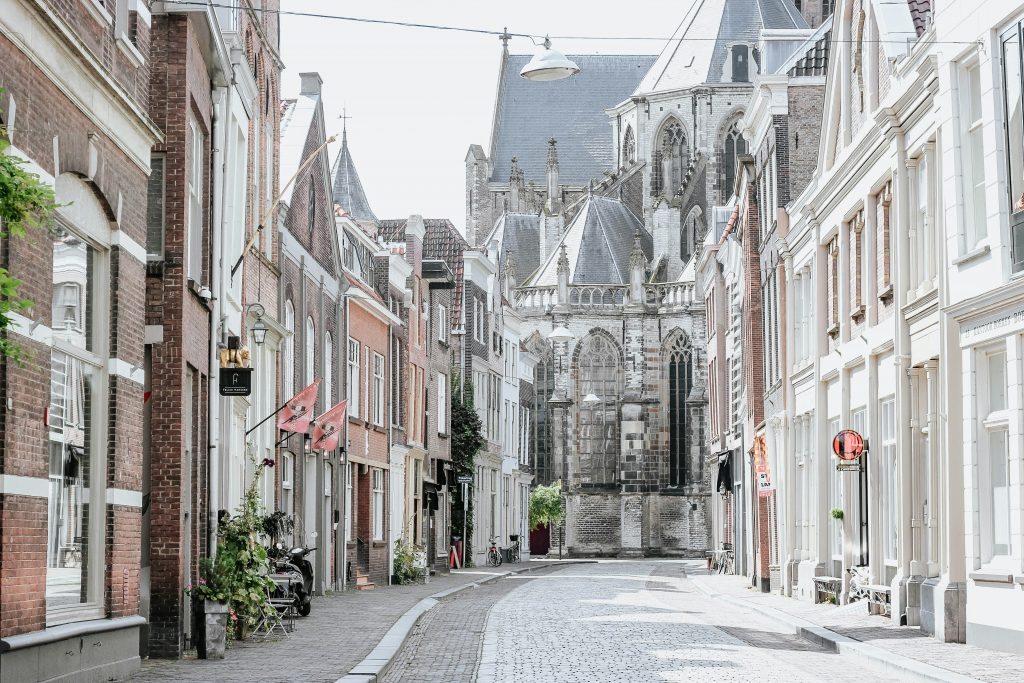Dutch Language Tutors Online
Selected language tutors, coaches and trainers for You
Personalized language learning online. Pick a language - Choose a type of educator - Book a trial session
Your language progress is guaranteed!
Letty D.
Price from € 6 to € 41
Lonet.Tutor
Works with :
- Kids
- Teenagers
- Adults
Connect via:
The lessons are focused on the students wishes. The lessons are very varied.
Want to Join as an Educator?
Set your own schedule, share your knowledge, and earn income from anywhere. Join our platform for flexibility and freedom in your teaching career.
Learn Dutch online with expert Dutch tutors
Are you looking for the most effective way to learn Dutch online? Whether you’re planning to move to the Netherlands, seeking better job opportunities, studying abroad, or improving your career prospects, our Dutch tutors offer personalized Dutch courses online tailored to your needs. At Lonet.Academy, our tutors and language coaches ensure that you learn Dutch consistently, stay motivated, and make real progress.
Why Learn Dutch? How It Can Positively Change Your Life
- Unlock Career Opportunities – Speaking Dutch can open doors to jobs in the Netherlands, Belgium, and international companies that require Dutch language skills.
- Easier Integration in the Netherlands – If you’re planning to migrate, learning Dutch will help you connect with locals and integrate into society faster.
- Enhance Your Study Abroad Experience – If you're moving to the Netherlands for education, mastering Dutch will make your academic life smoother and richer.
- Expand Your Business Reach – If you do business with Dutch-speaking clients, knowing the language gives you a competitive edge.
- Connect with Dutch Culture and People – Understanding Dutch helps you appreciate the country’s history, literature, and unique traditions.




